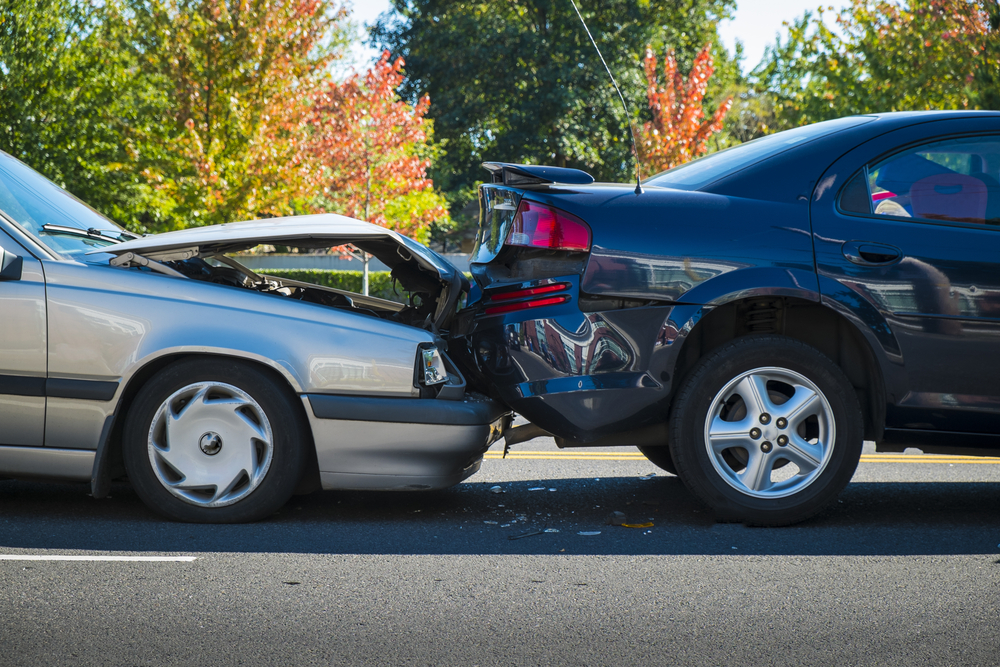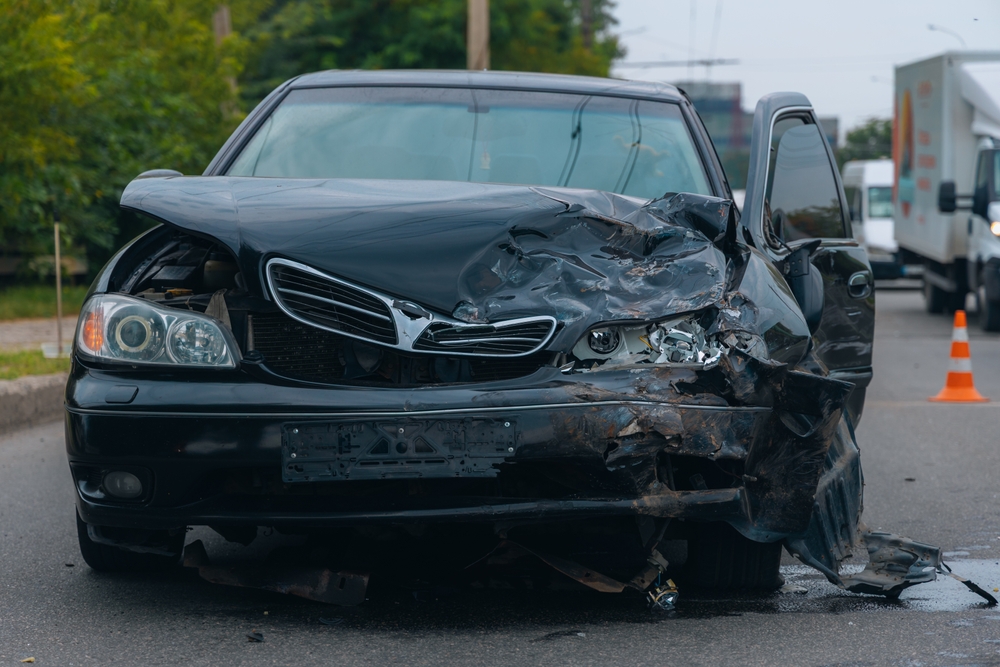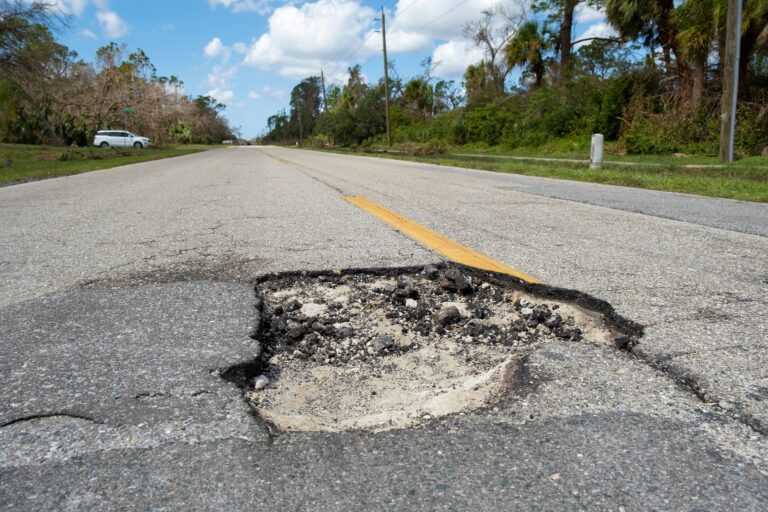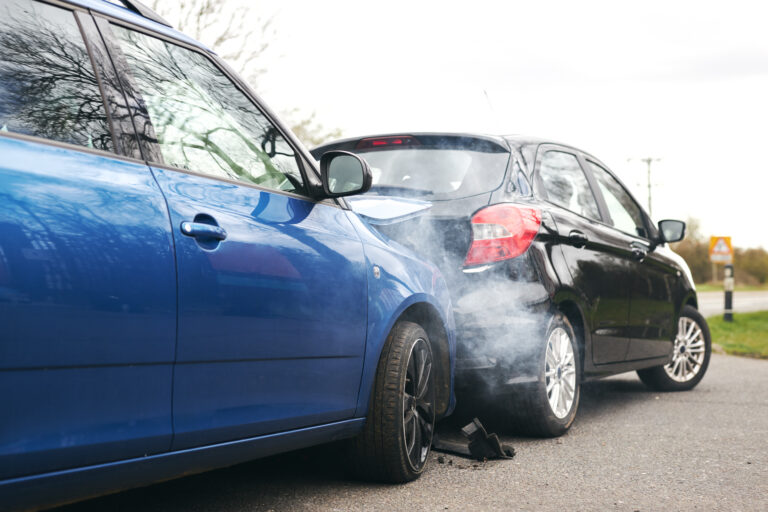That sudden, violent jolt. Metal screams, glass might shatter, and your neck feels… wrong. Getting hit from behind sucks, plain and simple.
The good news? When someone rear-ends you, the law is often on your side. But knowing that and actually getting things sorted are two different beasts. You need to take specific steps car accident lawyer to protect yourself and make sure you get fair treatment.
If you’ve been rear-ended and aren’t sure what comes next, give the team at Walner Law a call at (312) 410-8496. We handle the annoying stuff so you can focus on feeling like yourself again.
Why Rear-End Crashes Happen (And Who’s Usually Blamed)

Most rear-end collisions aren’t exactly freak accidents. They usually boil down to the driver behind you not paying attention or following too closely. Think texting, fiddling with the radio, daydreaming, or just plain tailgating. Illinois law actually spells this out pretty clearly. Statute 625 ILCS 5/11-710 states that “The driver of a motor vehicle shall not follow another vehicle more closely than is reasonable and prudent, having due regard for the speed of such vehicles and the traffic upon and the condition of the highway.”
Because of this law, there’s a strong presumption that the driver who hit you from behind is at fault. They had the responsibility to maintain a safe distance and be prepared to stop. It seems simple, right?
Well, mostly. Insurance companies love complications. They might try to argue you share some blame. Maybe your brake lights were out. Perhaps you stopped suddenly for no reason. This is where Illinois’ concept of “modified comparative negligence” comes into play (735 ILCS 5/2-1116).
Here’s the gist: If you were partially responsible for the accident, any compensation you might receive could be reduced by your percentage of fault. And if you’re found to be more than 50% at fault? You get nothing. While it’s less common for the front driver to be significantly blamed in a rear-ender, it’s a possibility insurance companies might explore to save themselves money. So, while the odds are generally in your favor regarding fault, don’t assume it’s an automatic win without taking the right steps.
Okay, You’re Home. Now What? (The Non-Obvious Stuff)
The flashing lights are gone, the tow truck maybe hauled away one or both cars, and you’ve finally walked through your front door. The adrenaline is fading, maybe replaced by soreness, frustration, or just sheer exhaustion. The chaos at the scene is over, but the process of dealing with the aftermath? That’s just getting started. You’ve already exchanged info, maybe talked to the police, and hopefully took pictures. But what comes next, now that you’re away from the wreckage?
Get Checked Out (Seriously. Even if You Feel “Okay”)
You might feel surprisingly fine right after the crash. Chalk it up to adrenaline – your body’s natural painkiller. But hours or even days later, things can change. Whiplash is a notorious sneak attacker in rear-end collisions. That “jerk” your head and neck experienced can strain muscles, ligaments, and tendons in ways that don’t scream bloody murder immediately.
Symptoms like neck pain, stiffness, headaches (especially starting at the base of the skull), shoulder pain, dizziness, fatigue, or even tingling in your arms can creep up later. Ignoring it is a bad idea.
- Health First: Underlying injuries need diagnosis and treatment. What feels like minor stiffness could be something more significant.
- Documentation is Your Friend: Going to a doctor creates a medical record linking your injuries to the accident. This record is solid evidence if you need to make a claim. Delaying medical assessment gives the insurance company an opening to argue your injuries aren’t from the crash or aren’t that serious.
So, even if you feel more inconvenienced than injured, make that doctor’s appointment. Tell them you were in a rear-end collision. Follow their advice religiously.
Notify Your Insurance Company
You might think, “Why call my insurance? The other guy hit me!” It’s usually a requirement of your policy to report any accident, regardless of fault. Failing to do so could potentially cause problems with your own coverage down the line.
When you call:
- Stick to the Facts: Report the date, time, location, the other driver’s information, and that you were rear-ended.
- Don’t Guess or Speculate: Avoid saying things like “I think…” or “Maybe…”
- Don’t Admit Fault (Obviously): Even seemingly innocent comments like “I didn’t see them coming” can be twisted.
- Don’t Minimize Injuries: If you’re feeling pain, say so. If you’re going to the doctor, mention it. Don’t say “I’m fine” if you aren’t sure.
Reporting it promptly gets the ball rolling and fulfills your policy obligation.
Beware the Other Driver’s Insurance Adjuster
Soon enough, you’ll likely get a call from the other driver’s insurance adjuster. They might sound incredibly friendly, sympathetic even. Don’t be fooled. Their job isn’t to be your buddy; it’s to protect their company’s money by paying out as little as possible.
Be extremely cautious:
- You Don’t Have to Give a Recorded Statement: Adjusters love recorded statements. Why? Because they can ask leading questions or catch you misspeaking when you’re flustered or unsure. Anything you say can be used against you later. Politely decline. Illinois law does not require you to give a recorded statement to the other party’s insurer.
- Limit Information: Provide basic facts if necessary, but avoid discussing fault, details of your injuries (beyond stating you were injured and are seeking treatment), or how you’re feeling day-to-day. Keep conversations brief and factual.
- Don’t Sign Anything Without Review: They might send you medical release forms or offer a quick, small settlement check. Signing these could severely limit your ability to claim further compensation, especially if injuries worsen or new ones appear. Have any documents reviewed by an attorney first.
- Refer Them to Your Lawyer: The best approach? Tell the adjuster you’ve hired an attorney and give them your lawyer’s contact information. This usually stops the calls and ensures communication goes through someone looking out for your interests.
Remember, the adjuster is trained to minimize claims. You need someone in your corner too.
Gather Your Ducks (Evidence & Documentation)
While evidence gathering starts at the scene (photos, witness info, police report), organizing it all happens now. Create a file (physical or digital) for everything related to the accident.
- Police Report: Obtain a copy once it’s available.
- Photos/Videos: Organize the photos and videos you took at the scene (damage to both cars, location, skid marks, your injuries).
- Information Exchange: Keep the other driver’s info and any witness contact details handy.
- Medical Records: Track all doctor visits, treatments, therapy sessions, medications, and bills. Keep copies of everything.
- Repair Estimates/Bills: Get estimates for your car repairs. Keep the final invoice.
- Lost Wages: Document any time missed from work due to injuries or appointments. Get a statement from your employer detailing your pay rate and missed hours/days.
- Journal: Keep notes about your pain levels, how the injuries affect your daily life (difficulty sleeping, inability to do chores or hobbies, emotional distress), and conversations related to the accident. This helps demonstrate the “pain and suffering” aspect of your claim later.
Being organized makes the claims process smoother and supports your case for fair compensation.
What Compensation Looks Like in Illinois
When someone else’s negligence causes you harm, Illinois law allows you to seek compensation, legally known as “damages,” for your losses.
Types of Damages
Generally, damages fall into two main categories:
- Economic Damages: These are the tangible, easily calculable financial losses you’ve suffered.
- Medical Expenses: All reasonable costs for treatment related to the accident – past, present, and future. This includes emergency room visits, doctor’s appointments, surgery, physical therapy, medication, medical devices (like a neck brace), and even travel costs for appointments.
- Lost Wages/Earning Capacity: Compensation for the income you lost while unable to work due to your injuries. If the injury permanently affects your ability to earn money in the future, you can also seek damages for lost earning capacity.
- Property Damage: The cost to repair your vehicle or its fair market value if it’s declared a total loss. You might also recover costs for a rental car while yours is being fixed.
- Non-Economic Damages: These compensate for the intangible, non-monetary harms you’ve experienced. They are harder to put a price tag on but are just as real.
- Pain and Suffering: Compensation for the physical pain and emotional distress caused by the injuries and the accident itself.
- Disability/Loss of Normal Life: If the injury causes permanent limitations or prevents you from enjoying activities you previously did (hobbies, sports, daily routines), you can seek damages for this loss.
- Disfigurement: Compensation if the accident resulted in scarring or other permanent physical changes.
- Emotional Distress: Covers issues like anxiety, depression, or PTSD resulting from the trauma of the accident.
Illinois Specifics: Fault and Time Limits Matter
As mentioned earlier, Illinois is an “at-fault” state. This means the person responsible for causing the accident is responsible for the damages. We also talked about modified comparative negligence (735 ILCS 5/2-1116): if you’re found partially at fault, your recoverable damages are reduced by your percentage of fault, and if you’re more than 50% responsible, you get nothing.
There’s also a critical deadline called the Statute of Limitations. In Illinois, for personal injury claims arising from car accidents, you generally have two years from the date of the accident to file a lawsuit (735 ILCS 5/13-202). If you miss this deadline, you typically lose your right to sue for damages forever. While there are very limited exceptions (like for minors or if the injury wasn’t discoverable immediately), relying on these is risky. Acting promptly is key.
What If the Other Driver is Uninsured or Underinsured?
It’s a nightmare scenario: the person who hit you doesn’t have insurance, or their policy limits are too low to cover your damages. This is where your own insurance policy becomes incredibly important, specifically your Uninsured Motorist (UM) and Underinsured Motorist (UIM) coverage.
- UM Coverage: Kicks in if the at-fault driver has no liability insurance.
- UIM Coverage: Applies if the at-fault driver has insurance, but their coverage limits are less than your damages (and typically less than your own UIM limits).
Illinois requires drivers to carry liability insurance, but minimums might not be enough for serious injuries. Check your own policy details to see what UM/UIM coverage you have. It’s often relatively inexpensive to increase these limits for better protection. If you need to make a UM/UIM claim, you’ll be dealing with your own insurance company, but treat it seriously – even your insurer will try to minimize their payout.
Don’t Handle This Alone

Trying to negotiate effectively while you’re recovering from injuries, potentially out of work, and stressed about medical bills is tough. It’s easy to make mistakes, miss deadlines, or accept an offer far lower than what you deserve because you just want it to be over.
Here’s where having a lawyer helps:
- Leveling the Playing Field: They understand the insurance company’s playbook and how to counter their tactics.
- Evidence Gathering: They know what evidence is needed and how to obtain it (police reports, medical records, expert opinions).
- Calculating Damages: They can accurately assess the full value of your claim, including future medical needs and non-economic damages, which are notoriously tricky to calculate.
- Handling Communication: They deal with the insurance adjusters directly, so you don’t have to. No recorded statements, no pressure tactics.
- Negotiation: They negotiate assertively for a fair settlement based on the facts and the law.
- Litigation: If the insurance company refuses to offer a fair settlement, an attorney can file a lawsuit and represent you in court.
Getting rear-ended is bad enough. Don’t compound the problem by trying to fight a complex legal and insurance battle alone while you should be focused on recovery.
Let Walner Law Take the Wheel
Focus on healing. Focus on getting back to your life. Let the personal injury attorney experienced team at Walner Law fight for the fair compensation you deserve.
Call us today for a free consultation at (312) 410-8496.


 Skip to content
Skip to content




